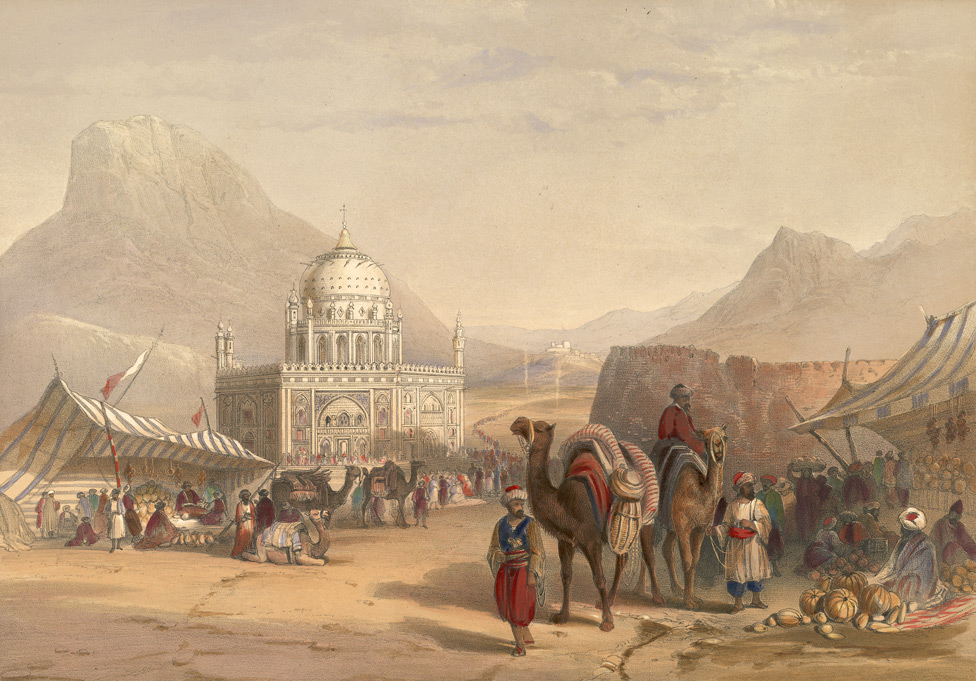
Waris Shah was not a cheerleader for invasions by Ahmad Abdali but he certainly has not referred to the latter as "rabid dog of Kabul".
– Thread
The seat of Ahmad Shah Abdali was Qandahar and Waris Shah always refers to him as Qandahari. "Kabuli dogs" gets mention only once in

– Thread
The seat of Ahmad Shah Abdali was Qandahar and Waris Shah always refers to him as Qandahari. "Kabuli dogs" gets mention only once in


the Heer when he likens a group of aggressive women to the Kabuli bitches (female dogs). Its poetry so it is open to interpretation but he is mostly likely talking about the Kabuli breed of dogs rather than Kabuli women. He certainly is not talking about Ahmad Shah Abdali. 



He always refers to Ahmad Shah Abdali and his force as Qandahari in his poetry. Screenshots from an Urdu translation of Heer (available on Rekhta website): 

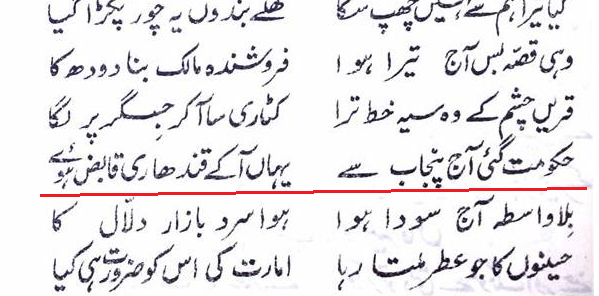
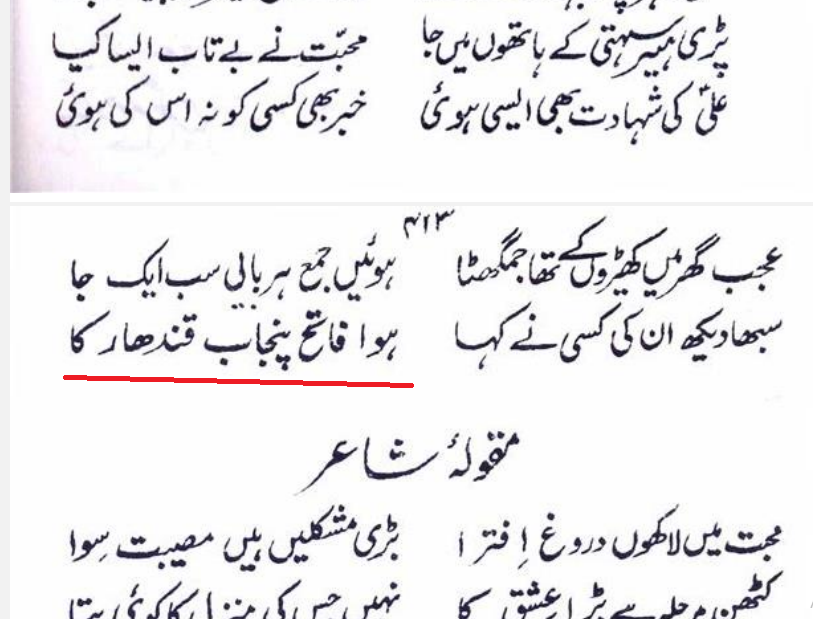
Punjabi nationalists should refrain from presenting poetry of Waris Shah as words of Quran. Using the same Heer, one can also vilify Punjabis. For example Waris Shah says that all Jats are iman-farosh (ایمان فروش), thieves and high-way robbers. 
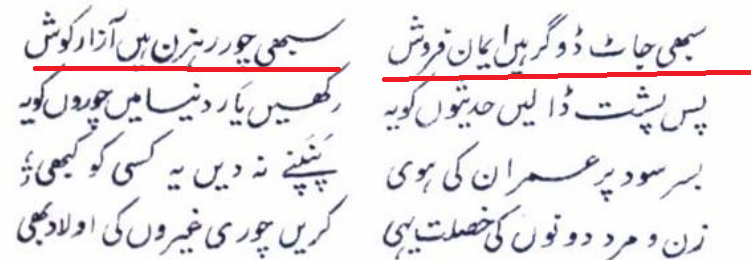
An interesting side fact is that Waris Shah (a Sayyid) considered Sayyids, Mughals as well as Pashtuns as nobility (شرفا) of Punjab. Many of those Pashtuns settled in Punjab, spoke Pashto as evident from his poetry. 

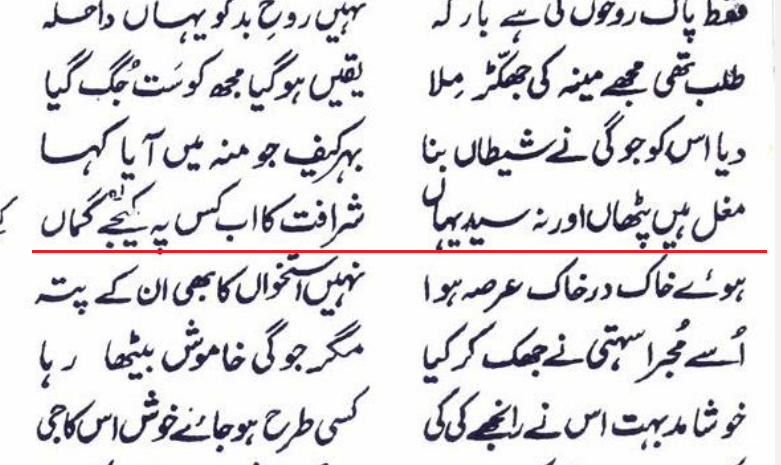
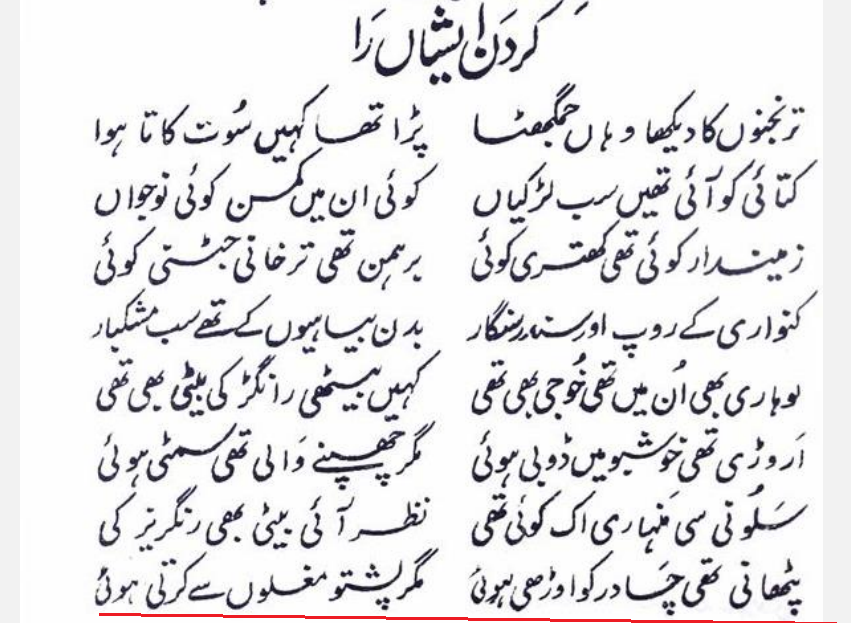
Note that Waris Shah derisively likens men and women to various kinds of animals through out his poetry. Thats why its almost certain that he is talking about a breed of dogs from Kabul.
Some screenshots from an Urdu translation of Heer in prose form :



Some screenshots from an Urdu translation of Heer in prose form :
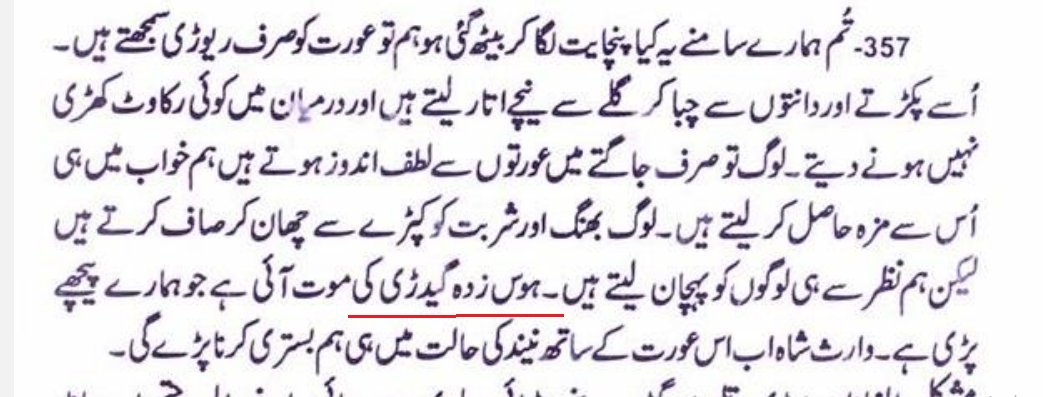

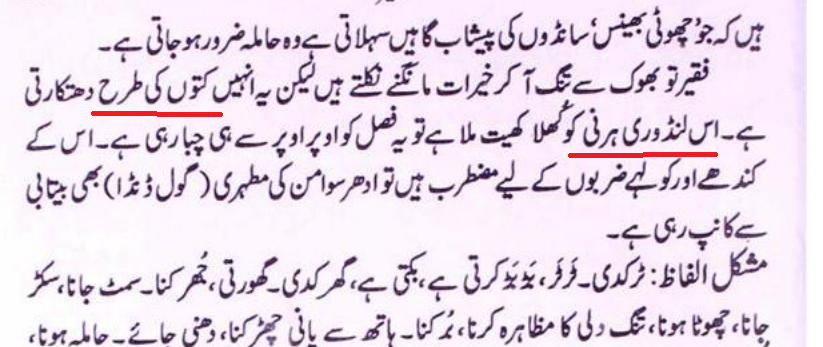
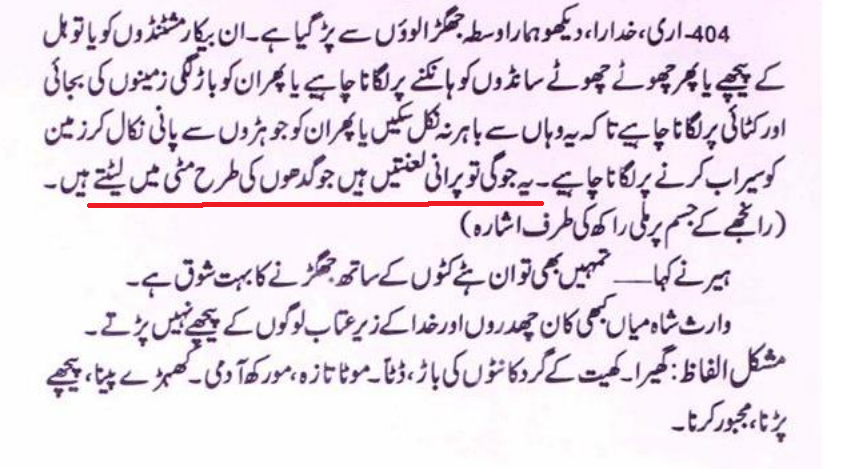
• • •
Missing some Tweet in this thread? You can try to
force a refresh



